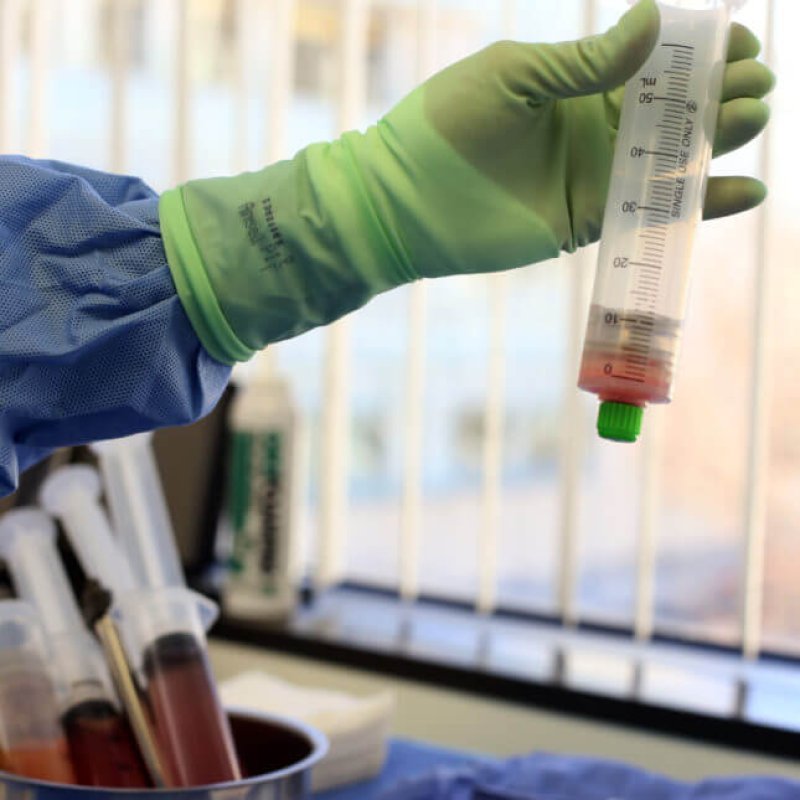When the Food and Drug Administration won a landmark lawsuit [June 3] against a stem cell company, health officials hailed it as a turning point in the government’s struggle to regulate a booming industry selling unproven treatments to desperate patients.
But the reaction of the company — Florida-based U.S. Stem Cell — and the industry’s ability to adapt to changing rules suggest the judge’s order may have less impact than many regulators and consumer advocates had hoped.
Initially, the company said it would follow a federal judge’s ruling and stop selling the fat-based procedure. But it quickly followed up with a clarification: It would continue offering stem cell treatments, but instead of fat, rely on patients’ bone marrow and other tissues to harvest the cells it claims can cure conditions as varied as spinal cord injuries and erectile dysfunction.
…
The FDA’s lawsuit against U.S. Stem Cell is one of just a handful of stem cell clinics that it has sued because such battles require huge resources. The judge’s ruling — after almost a year of extensive motions, reports and court filings — affirmed FDA’s authority to regulate the industry and deem such treatments illegal.
Read full, original post: Stem cell clinics likely to flourish despite judge’s rebuke































